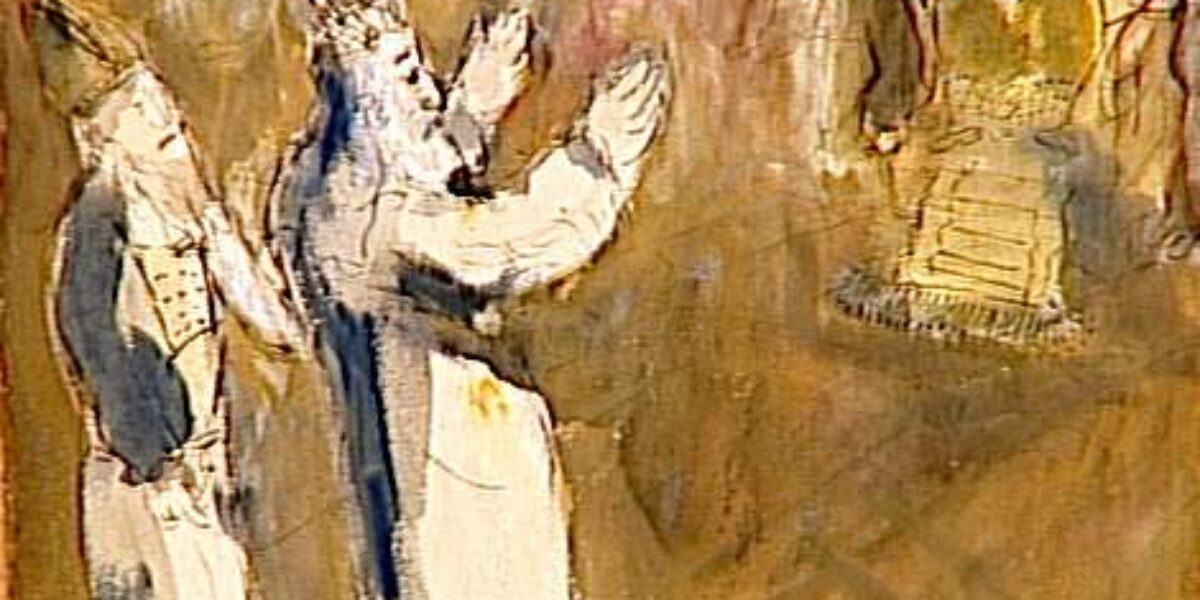Va’era’ – Ex. 6:2-9:35 (Jan. 24/25)
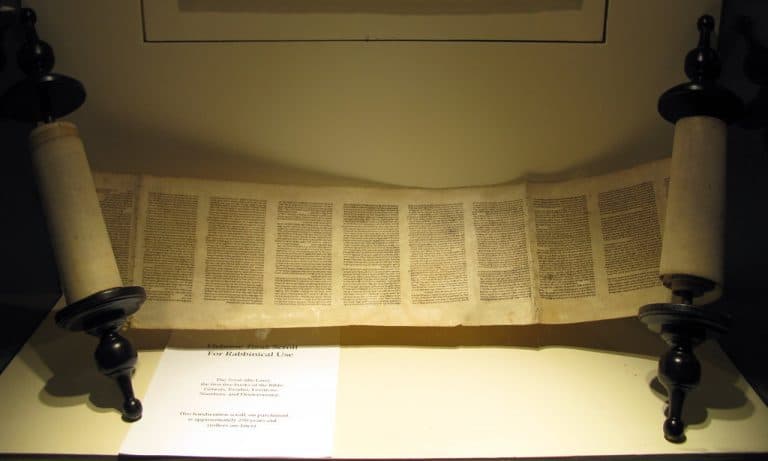
As the Torah Turns
Rabbi Lader’s Weekly D’var Torah
Va’era’ – Ex. 6:2-9:35 (Jan.24/25)
From our Torah portion this week – Va’era’ – Ex. 6:2-9:35: “And the Eternal said to Moses: ‘… You shall speak all that I command you; and Aaron your brother shall speak to Pharaoh, that he let the children of Israel go out of his land. And I will harden Pharaoh’s heart, and multiply My signs and wonders in the land of Egypt.'” (Ex. 7:1, 2-3) Many of us struggle when we read this text… and many Torah commentators as well, wondering why God would harden Pharaoh’s heart, thus impeding Pharaoh’s ability to freely make decisions. There would appear to be no way that Pharaoh could repent, even if he wanted to! As the story unfolds, however, we read that Pharaoh willfully hardens his own heart after each of the first five plagues. Five times Pharaoh turned away from Moses’ call and the suffering of the Israelites. Five times he made his own heart less and less supple and soft. As such, Rabbi Simon ben Lakish claims in Exodus Rabbah, a collection of Midrash compiled in the 10th or 11th century (scholars are unsure of the exact date), “Since God sent [the opportunity for repentance and doing the right thing] five times to him and he sent no notice, God then said, ‘You have stiffened your neck and hardened your heart on your own…. So it was that the heart of Pharaoh did not receive the words of God.’” In other words, Pharaoh sealed his own fate, for himself and his relationship with God. Only after the fifth plague is there a change of language and God now appears to be in charge. Obadja Sforno (1475-1550; Italian rabbi, Biblical commentator, philosopher and physician) makes the case that Pharaoh was granted ample opportunity to seek forgiveness and change his evil ways. Sforno teaches that it had become very clear the the only way Pharaoh would allow the exodus of the children of Israel, would be his fear of the severity of the plagues. When Pharaoh’s repentance was no longer a possibility, God caused him to endure five more plagues in order that God’s mighty powers be further revealed. Had Pharaoh shown any sign of remorse, however, he would have faced no impediment to repentance. Others have suggested that once a pattern of refusal – thinking/behavior – is firmly set, it is as though decision-making is no longer in one’s hands. Pharaoh had set his course; he was no longer capable of reversing it. Or was he?
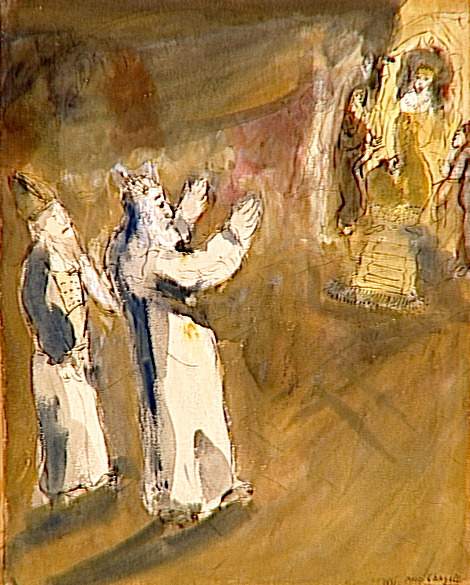
This is true in both directions. When we make the choice to turn away from suffering, when we engage in the action of walking away from others’ pain, we impact our inner life — our own heart is hardened, we become estranged from the divine and from our own holiest self. True, it’s scary to look that pain in the eyes, and then to grapple with the feelings of responsibility it might engender in us. But there’s a cost to that turning away.
However, as Luzzatto implies, the situation is never permanent… even when you’ve turned away from others and toward your own self-interest to the point that you can no longer hear the still small voice whispering in your direction. Even then, the gates to the divine — and to ourselves — are always open. As the Talmud (Brachot 32b) teaches in the name of Rabbi Elezar, “From the day on which the Temple was destroyed, the gates of prayer have been closed… But though the gates of prayer are closed, the gates of weeping are not closed.”
Pharaoh could have changed… We, too, can change… We can do the work of goodness in the world. It will change us. And when we’re finally ready to let our heart break open, the gates will be there, ready to receive us… as they would also have received Pharaoh.
From Previous Weeks
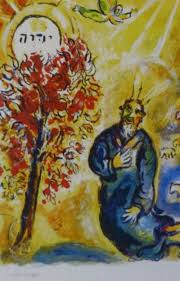
Shemot – Ex. 1:1-6:1 (Jan. 17/18)
“A new king arose who did not know Joseph…”
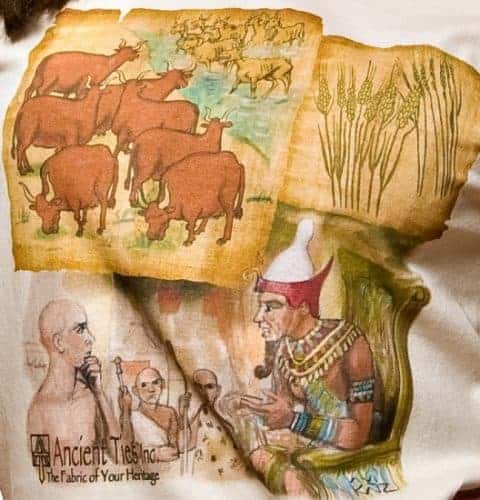
Mikketz – Gen. 41:1-44:17 (Dec. 27/28)
Joseph is called upon from the depths of his imprisonment, cleaned up, and brought to Pharaoh to interpret his dreams.
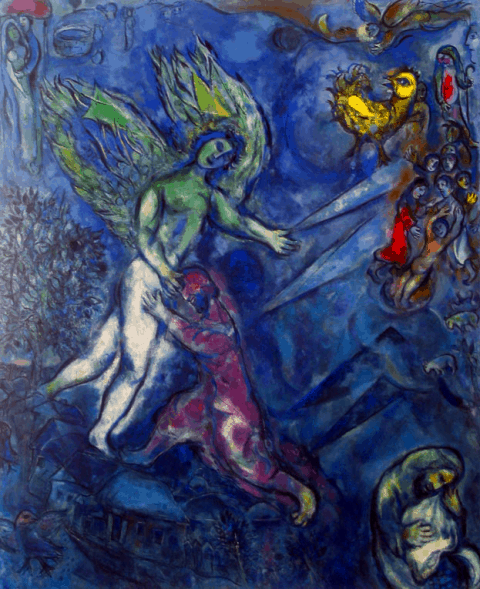
Va-Yishlach Gen. 32:4-36:43 (Dec. 20/21)
…Jacob responds to Esau’s embrace with a radical insight or formula…

Va-Yetze Gen. 28:10-32:3 (Dec. 6/7)
“Surely God was in this place, and me, I did not know it!”

